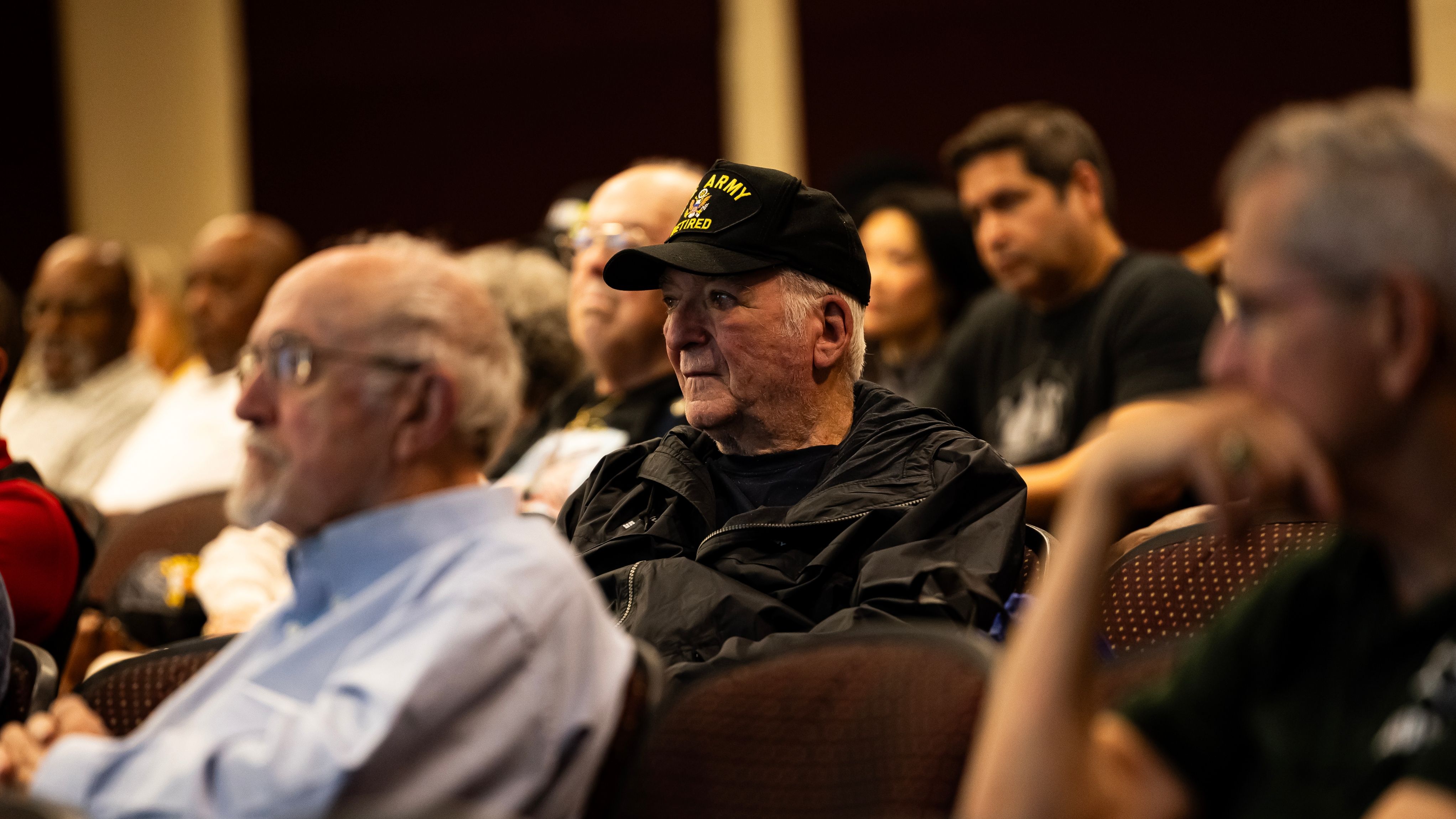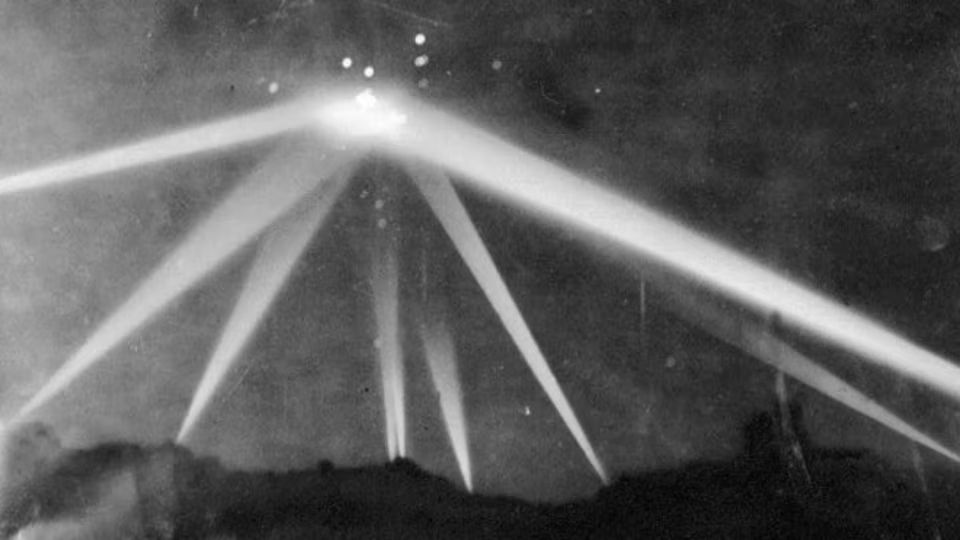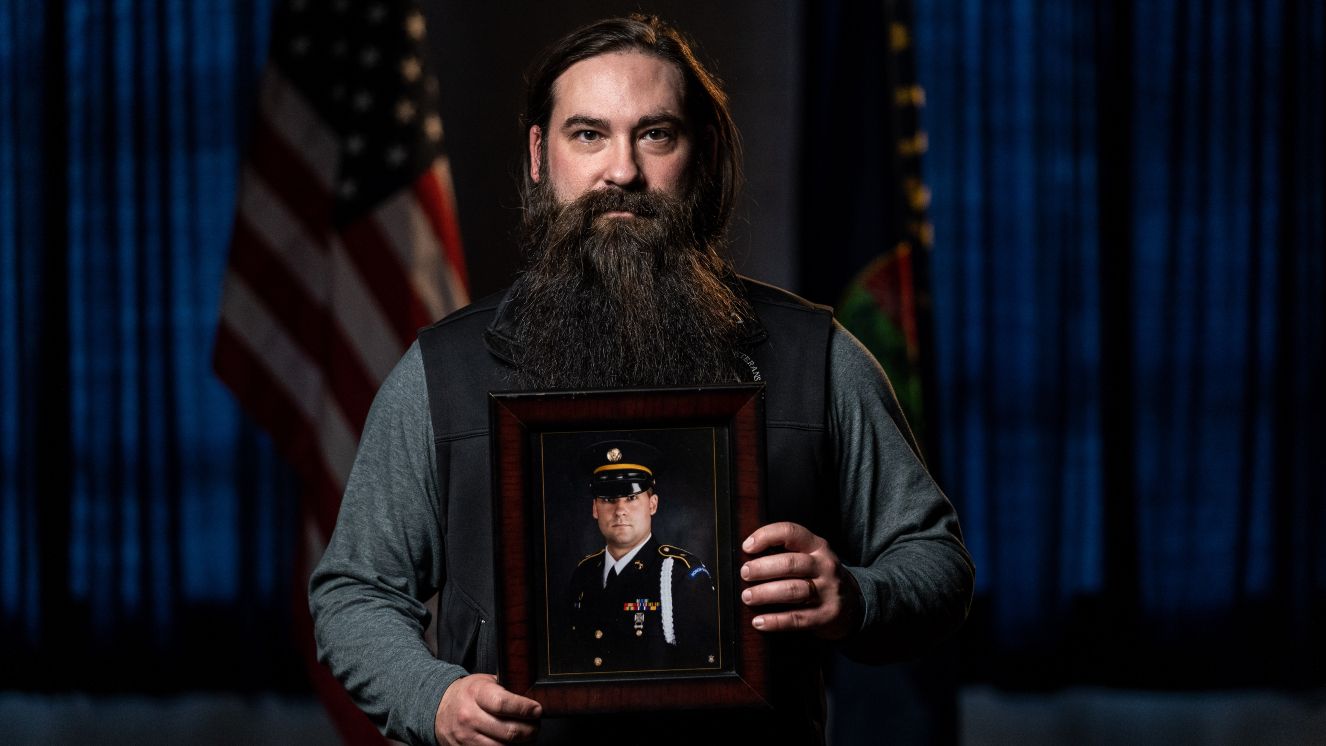EXPRESSIVE WRITING THERAPY IS HEALING VETS. HERE’S HOW
COMMENT
SHARE

Some people turn to exercise, others nature walks, even animals. The rest of us may be searching for something to label as therapeutic in our lives. Expressive writing therapy is now being given the recognition it deserves. Post-traumatic stress disorder (PTSD) in Veterans is always evolving and new healing methods are being discovered. Here is how writing is helping thousands. Read next:Culture of Excellence 2.0 Aims to Reshape Navy Relations
The Use of Writing as Therapy for Vets
Just like the rest of us, Stuart Johnson was skeptical when his psychologist recommended he join other Veterans with PTSD by treating it with writing therapy. Johnson, a Persian Gulf War Vet, said that writing was not his specialty. However, he reached a really low point in his life and was ready to try something new after seeking help for years at the Department of Veterans Affairs.At first, writing about his experience was intense but he fought through it. The tough process gave him a new outlook and helped him clear his mind so he could continue his day job. Shortly after he began writing he stated, “I had control of my life again.”
What is Expressive Writing Therapy?
Denise Sloan and Brian Marx have been developing this form of therapy for years at the VA’s National Center for PTSD. Marx stated, “We know this is helping a lot of people, so we are really grateful for that.” Both Sloan and Marx are psychiatry professors at Boston University’s Chobanian & Avedisian School of Medicine. The two are going to do a follow-up of how the therapy works in regard to preventing suicide among active-duty members.The sessions are typically about 50 minutes long and are broken up into 5 sessions. PTSD patients write about their traumatic experiences and the therapists supervise the sessions either online or in person. The therapist then gives their feedback about the writing. Military.com writes, “The process helps patients realize that memories of their troubling experiences are not dangerous and that it is possible to think about traumatic events and their meaning in new ways.”Beginning in 2018, a study concluded written exposure therapy for PTSD Vets is just as effective as other treatments recommended by the VA, including talk therapy. Aside from those numbers, the study also determined less patients dropped out of writing therapy. This is because it requires much less time than other treatments.
Getting a Certification, What's the Process?
The VA began a program in 2019 that helps therapists get an expressive writing therapy certification. In Georgia, 18 therapists have been trained. 650 of their patients have chosen to use it.Researchers have expanded on to see how this form of therapy is helping others, such as people with addiction as well as sexual trauma. A second study will research the effects that this form of therapy mixed with other treatment has on depression patients. This is repetitive transcranial magnetic stimulation. It uses magnetic fields to stimulate nerve cells in the brain.
Expressive Writing Therapy is Reducing Self-Harm and Helping Self-Discovery
A top priority for the VA is reducing the high suicide rate among Vets. That rate has risen from 2020. Most recently, it has risen from 32.6 to 33.9 per 100,000 members. The rate for non-Veteran adults was 16.7 per 100,000 in 2021. In 2021, 6,392 Veterans took their own lives which is up 114 from the year prior.The director of mental health research, Sheila Rauch, is excited about the effectiveness and wants to further the studies. Sheila said, "There is a lot of enthusiasm in the Atlanta area for written exposure therapy and for other models that are getting treatments out to patients where they are."The proof is in the pudding when it comes to expressive writing therapy. Keep an eye out for therapists participating in this PTSD treatment for Veterans at clinics near you.Suggested read:Your Hunting Trip Guide: 4 Free Trips Veterans Can Enjoy
Join the Conversation
BY SYRENA FELTY
Syrena Felty is a Contributing Writer at VeteranLife.com.
Syrena Felty is a Contributing Writer at VeteranLife.com.



